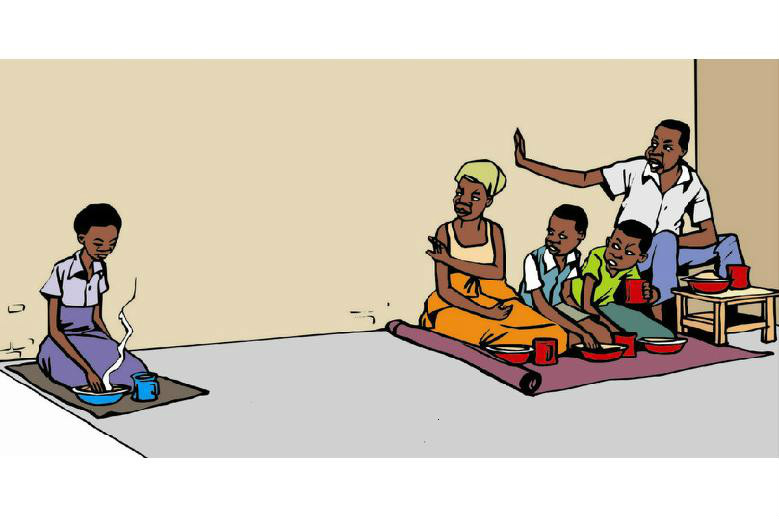In a recent study, researchers from the Johns Hopkins Bloomberg School of Public Health Center for Communication Programs (JHU∙CCP) found that a good proportion of Ugandans still hold negative attitudes about people with HIV, and possession of these stigmatizing attitudes is associated with a lower perceived personal risk for HIV acquisition. CCP presented the findings from this case study today at the 19th International AIDS Conference in Washington, D.C.
HIV stigma was measured using an interviewer administered questionnaire that included questions on whether respondents thought HIV acquisition was a punishment from God, if people with HIV were promiscuous and should be ashamed and whether respondents would be uncomfortable interacting with people with HIV. The study was conducted by CCP’s Health Communication Partnership Associate Award in Uganda that recently ended.
The study found that 70% of respondents held at least one stereotype about people with HIV and 12.5% of respondents held all stereotypes assessed in the survey. Nearly half (47.5%) of respondents thought HIV acquisition was a punishment from God, and more than half (57%) of respondents thought people with HIV are promiscuous. The study also revealed that nearly half (45.6%) of respondents would feel uncomfortable interacting with someone with HIV, such as sitting next to them in a car, sharing food or shaking their hand.
Equally interesting, the study results indicated that individuals who hold the most stigmatizing attitudes about people with HIV feel they are at the least personal risk of acquiring HIV in their lifetime, but they were not any more likely to consistently use condoms or have fewer sexual partners than individuals who hold the least stigmatizing attitudes about people with HIV.
The study was conducted in Uganda for several reasons. It was one of the first nations to report having HIV; the HIV prevalence rate reached 25% in the 1990s; and the prevalence rate has since dropped to 6.7%. As such, it was timely and appropriate to conduct a cross-sectional population study to assess persistent HIV stigma and its association with perceived risk there.





